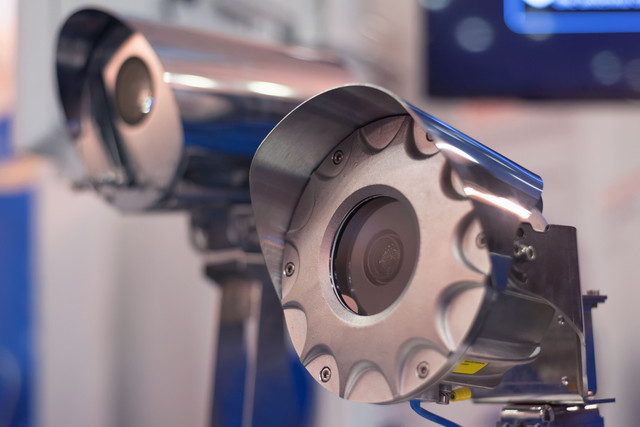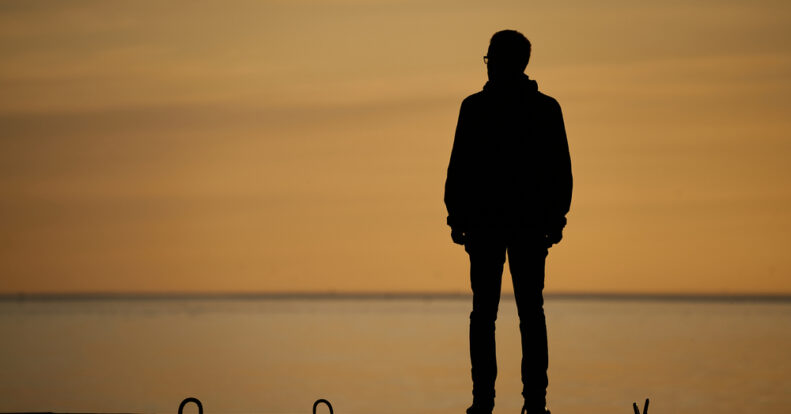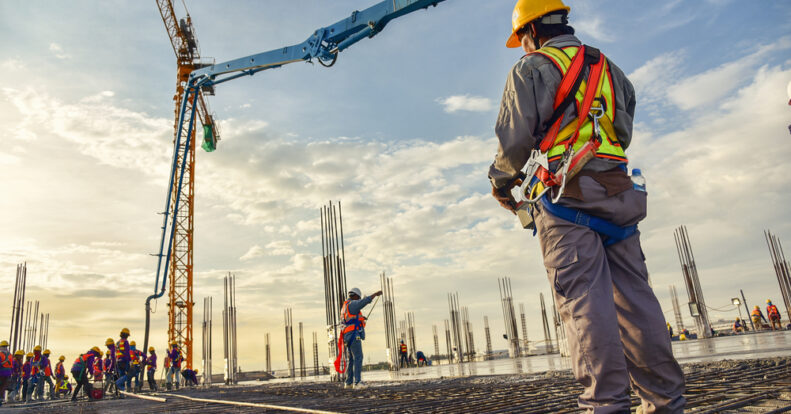
Ban on video surveillance. What is it?
Ban on video surveillance. What is it?
In 2018, 167 thousand video cameras operated in Moscow, in 2019 their number increased by 105 thousand units, and in the first quarter of 2020 alone + 9 thousand devices were installed within the framework of the Safe City program. These are the official statistics regarding video recording equipment installed by the state. Are there places where cameras can be prohibited? Let’s figure it out.
Is there such a thing as a ban on video surveillance?
Many Russians are interested in the following: is there such a thing as a ban on video surveillance? Is it possible to hide from the all-seeing eye? Are there places where video surveillance is strictly prohibited?
Current legislation of the Russian Federation
In Russian legislation, there is no single normative legal document that would comprehensively regulate the video surveillance process.
You need to rely on such norms of the law as the Constitution of the Russian Federation, Codes (Civil, Labor, Criminal, Administrative, CAS).
It is noteworthy that video surveillance does not always fall under the jurisdiction of Federal Law No. 152 (On Personal Data). The fact is that video monitoring of a situation from a video camera and identification of a person by their biometrics through video recordings can be interpreted by lawyers as two completely different processes.
In addition, the Civil Code of the Russian Federation, Article 152.2 (Part No. 1) prescribes that the consent of people is not required for video filming in public places if video surveillance is carried out in the state or public interest.
And at a number of facilities, video surveillance must be installed without fail. We are talking about the anti-terrorist protection of the population in crowded places (more than 50 people), such as in clinics and hospitals, on Russian Railways trains/railway stations and airports, children’s educational and preschool institutions, in ministries and new buildings.
Where can video cameras not be installed?
In Russia, it is strictly prohibited to:
- Install surveillance cameras in toilets, showers and bathrooms, changing rooms in public places, offices, manufacturing and dressing rooms in stores.
- Conduct covert surveillance using disguised, spy or micro equipment. Prohibited CCTV cameras are described in detail in the Decree of the Government of the Russian Federation of March 10, 2000, No. 214.
- Conduct covert surveillance using conventional equipment, but without notification of filming on the territory of public places (without placing posters and announcements about video surveillance).
- Conduct video surveillance of other people’s real estate (houses, land plots, windows of residential premises).
- Make video recordings of personnel without their consent.
Private property
On private property, video cameras can be installed only with the consent of the owner. And when surveilling service personnel or workers in private households, you need to notify unauthorized persons about filming. Ideally, in a civil law contract for the provision of services, a clause on video surveillance should be included. Hired personnel must give written consent.
Apartment buildings
A lot of useful information in the articles:
“Video surveillance in entrance hall. 5 main installation rules“;
“Yard video surveillance. 4 expert pieces of advice”;
“Installation of video surveillance at the front door“.
Bathrooms, changing rooms, rest rooms
This is, probably, the only category in which it is strictly forbidden to install CCTV cameras. We are talking about sanitary, toilet, shower, washing rooms located in public places and offices, as well as changing rooms and dressing rooms in shops.
Kindergartens, schools
As part of the fight against terrorism and since a kindergarten is a public educational institution, the laws of the Russian Federation oblige to have CCTV cameras (on the 1st floor and around the perimeter). In this case, the consent of workers and visitors is not required, and the costs of installing cameras are borne by the local authorities. Recordings are kept for at least 30 days.
But the purchase and installation of cameras in other kindergarten premises is not regulated by law. Therefore, the initiative must come from the parents. They must also provide the material base for video surveillance. In this case, the consent of parents and other persons who come into the field of view of a camera must be in writing.
Read more about video surveillance in kindergartens here.
Offices and production
According to the Labor Code in the Russian Federation, the employer has the right to control the work of employees. But at workplaces, secret video surveillance is prohibited.
There are several unauthorized methods of surveillance, such as:
- installation of special programs on a worker’s PC for screenshots;
- control of audio and video devices to record all actions in the workplace;
- hidden installation of programs to record all actions on the keyboard;
- installation of GPS programs for tracking the movements of an employee without their knowledge.
Details here.
Shops and restaurants
There are no bans on video surveillance in shopping malls, shops and restaurants, except for toilets and changing rooms. Moreover, video recordings are used not only to ensure security, but also to optimize business processes. Cameras are used to improve service, count visitors, and monitor labor discipline.
Conclusion
From the foregoing, we can conclude that in Russia there is only a ban on covert surveillance using disguised (micro, spy equipment), as well as video cameras in bathrooms and dressing rooms in stores. Warnings must be posted in public places where video is recorded. Employers are required to obtain written consent for video surveillance from their employees.














